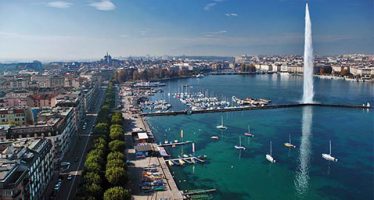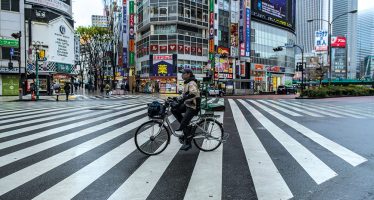Vive, Île-de-France! Go-ahead Region takes its Leading Role On Sustainability to its Heart
As a capital region, this historical part of France is a major European political and financial hub
The Île-de-France region is globally recognised, thanks to the cultural heritage of Parisian landmarks and sites of historical and artistic importance.
It is equally famous for the broad range of activities developed by local authorities, and is hailed as one of the most attractive territories in the world in touristic, economic, and financial terms.
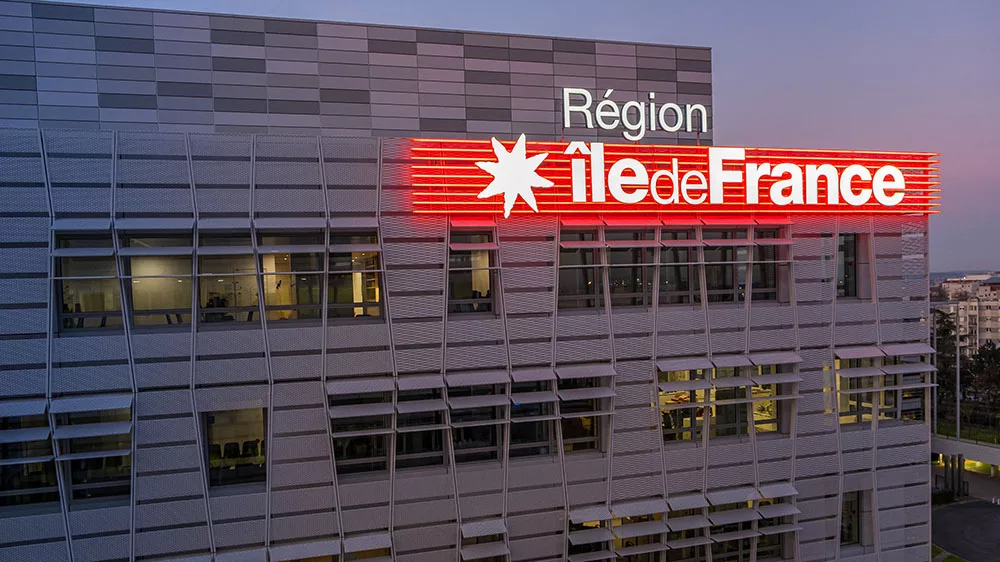 With state-of-the-art industrial sectors and major French companies headquartered there, home to extensive farmlands and almost half of national R&D teams, the region is an economic and financial hub that accounts for 30 percent of the French GDP.
With state-of-the-art industrial sectors and major French companies headquartered there, home to extensive farmlands and almost half of national R&D teams, the region is an economic and financial hub that accounts for 30 percent of the French GDP.
More than 12 million inhabitants, representing 18 percent of the national population, are spread across eight counties. These encompass the Parisian metropolis as well as substantial agricultural and forest areas.
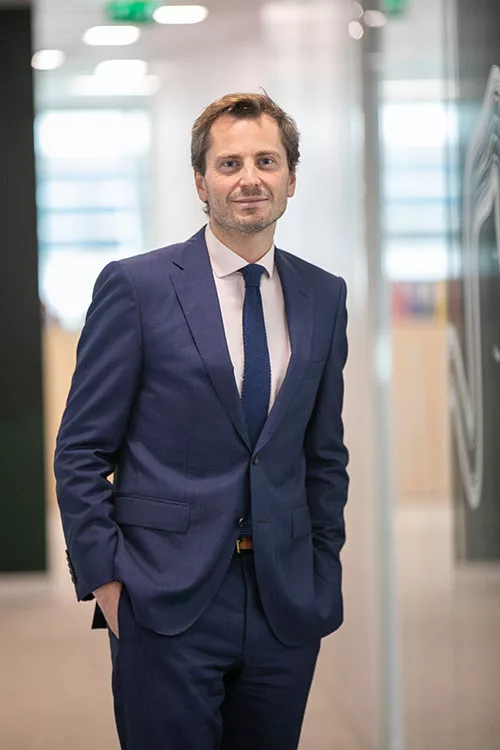
Deputy General Manager: Paul Berard
Île-de-France is a regional government centre; 209 representatives, elected for six-year terms, form its executive body, chaired by Valérie Pécresse. She is the head of 10,300 agents working together on regional development. As the region is responsible for secondary and tertiary education, transport, and housing, the agents have a wide range of functions.
They are legal experts, accountants, town planners, SME support, IT specialists, architects, engineers, vocational training specialists and project managers, and their role is to implement the decisions taken by the Regional Council.
To efficiently cover all these topics, the Île-de-France manages an annual budget of €5.5bn. Sustainable development is a priority for the local authority, and has been for years. Genuine attention is paid to implementing environmental assessments and green goals. The 2023 Regional Master Plan (Schéma Directeur Environnemental de la Région Île-de-France) is a clear demonstration of this: it has been redesigned to specifically focus on environmental challenges. The region includes its financial strategy early in this commitment. Since 2012, it issued 11 green and sustainable bonds for a total of €5.2bn.
These responsible bonds have covered almost all its financing needs since 2016, raising the region’s profile in sustainable investment policies, financial strength, and ESG quality. The executive committed to 100 percent green and sustainable financing in 2019, on the first conference on territorial sustainable finance hosted by the region. Thanks to this pledge, 85 percent of the authority’s outstanding debt is green and sustainable — and there is a commitment to achieving 100 percent by 2028.
The Île-de-France region complies with existing sustainable financing standards, and takes the initiative as it strives for continual improvement. The sustainable bonds issuance process is framed by a reference document, The Green, Social and Sustainability Bond Framework, which highlights the screening process applied to all funded projects. This document was updated in 2021 and respects the most rigorous norms. The framework takes into account ICMA principles and emphasises the use of proceeds, project evaluation and selection, management of proceeds, and reporting and external review.
The region is working on alignment with European Taxonomy Regulation, and integrates technical screening criteria (TSC) on climate-change mitigation, and the Do No Significant Harm (DNSH) criteria for transport. A revision of the document is under way, aiming to extend DNSH criteria to all projects. Île-de-France is planning a green budget to highlight the way it responds to environmental and social challenges.
Paul Berard is the deputy general manager in charge of finance, and the finance directorate monitors initiatives with operational departments. A Sustainable Finance Committee, set up in 2022, discusses annual reporting projects and green and sustainable funding practices. The latter gathers managers from the finance, ecological transition, transport, and high-schools divisions, and two qualified personnel at the Paris Region Institute, regional body dedicated to territorial studies.
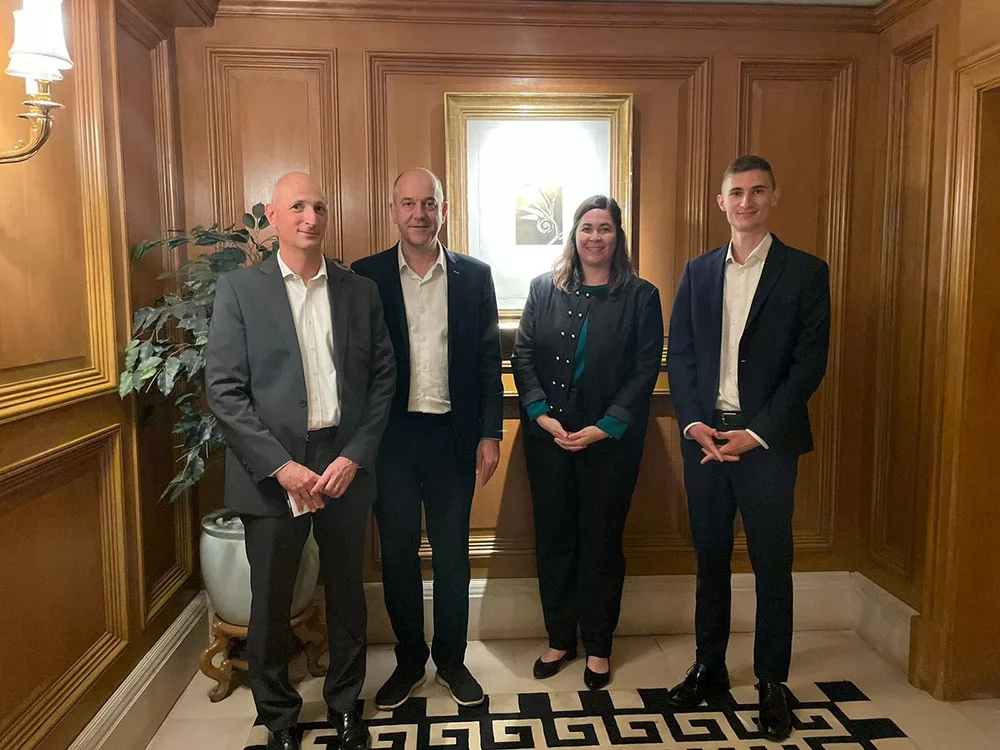
Finance directorate team
You may have an interest in also reading…
The War on Tax Evasion: How a Good Pursuit Gets Ugly
At first glance, the showdown between the US government and the Swiss banks seems to have produced a satisfactory outcome:
Asian Development Bank: Urban Transport Can Rebuild to Create a Greener Future
COVID-19 has resulted in drastic changes in travel behaviour. Society must now address how to better manage the mobility of
UNCDF: Enabling Transformation – Investing in the Local Needs of Women
In 1990, in the first Human Development Report of the United Nations Development Programme (UNDP), Pakistani economist Mahbub Ul Haq















































































